Regular consumption of fresh apricots has shown good effect in a number of renal diseases.
Due to its composition, the juicy fruit has the ability to improve the status and functions of the liver and bile. This is due to the high content of alkaline elements, which are an effective means against rheumatism and gout.
The high nutritional and medicinal properties of apricots make them perfect for growing food. Furthermore, apricots prevent disease that changes the skin and mucous membranes.
The iron contained in these fruits increases their favorable effect on the body. They are ideal for people suffering from anemia.
The high content of potassium supports the separation of water from the body, stimulating and invigorating and the heart.

Especially useful is the apricot nectar, made from fresh fruits. The value of the drink is that it fully preserves the vitamins of the apricot. This nectar is very useful for young children. The juice prepared from 4-5 apricots meets the daily needs of humans for vitamin A.
We offer you an already forgotten recipe:
Apricot Nectar
It is important to know that apricot nectar is produced from the flesh of the fruit. Their clear juice is produced because the is removed, as are their most valuable substances.
Apricot nectar blends well and the pulp homogenized, the skin of the fruit is then removed.
It can be obtained from ripe, even overripe, but healthy apricots.
After washing, the stones are removed. The thus prepared fruits are immersed in boiling water for 5-7 minutes to soften.
Blend with a mixer or other kitchen appliances. The fruit pulp is diluted with sugar syrup to the desired concentration. To remove the air, the entire mass is heated to boiling point. The warm mixture is poured into pre-prepared bottles that are closed and sterilized at 98 degrees for 18 minutes. The cylinder is then cooled to 40 degrees.
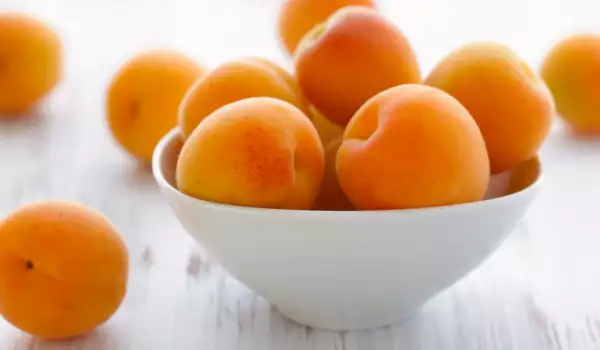

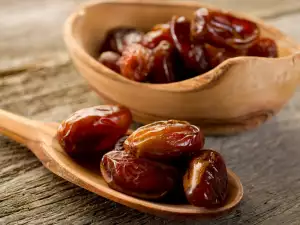

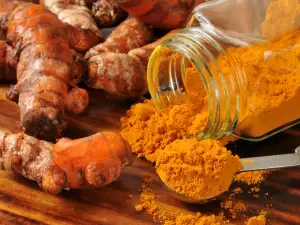



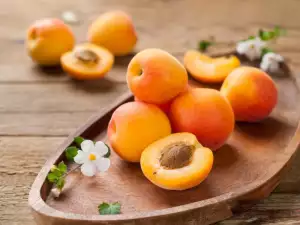
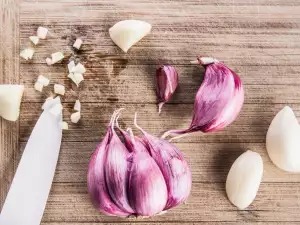
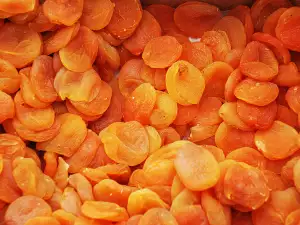

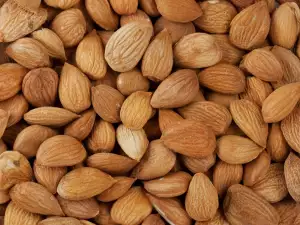






Comments